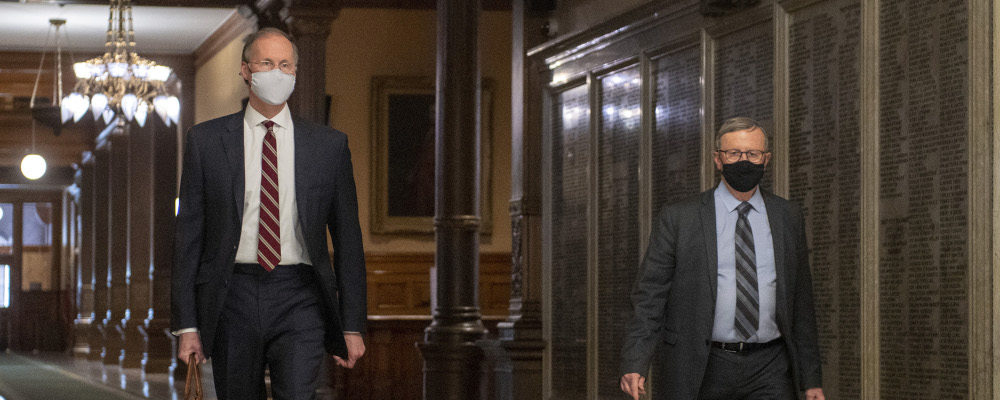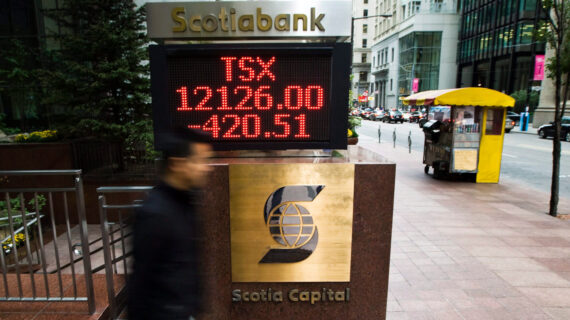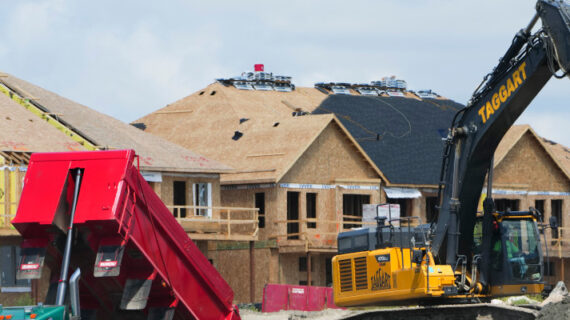One can almost read the headline: Ontario science table advises against dissolving the Ontario science table.
Much has been made of the recent decision to fold the Ontario Science Advisory Table into an advisory body within Public Health Ontario, a move that has been widely denounced in the media as “undermining of scientific independence” or heralding the demise of “rigorous research” and compromising “scientific autonomy.” Both contentions are misinformed.
For starters, one must remember that Ontario and Canada have produced rigorous research for years in publicly funded, world-class research universities. In addition, academics, such as most of the scientists sitting at the science table, already have public platforms as tenured university professors to speak openly about their work as experts in their specific fields. The overreaction is, however, understandable.
The COVID-19 crisis in the context of 24-hour news and social media has made the work of certain scientists, including many on the science table, highly visible. Politicians have, arguably, made policies based on their recommendations while journalists amplified these experts’ views in the media, and the general public relied on their expertise to guide their own decisions. So before we get too upset about the disbanding of the science table, let’s pause to remember a few important things about “science.”
First, the Ontario Science Advisory Table does not equal science. The science table is made up of a number of scientists who have volunteered their time and experience for understanding and providing potential solutions to the COVID-19 crisis. They have done so on a volunteer basis because undoubtedly they are concerned citizens. They are committed social actors and deserve credit and recognition for their efforts. But, despite the products of these volunteer experts being informed by scientific methodologies and theories, what the science table produced cannot be understood as science in the strictest sense.
Science is a complex and protracted social process to understand a specific problem. “Science” depends on ongoing and transparent vigourous and rigourous debates and critiques via peer-review processes in the context of numerous studies developed by multiple actors, which over time, may yield similar or contradicting results.
This time-bound process, so often plagued with doubt, uncertainty, and humility, that builds a more complete picture of the object of study, is what we call science. During the pandemic, pressures from journalists, politicians, and the general public, forced rapid decision-making made under a climate of panic and fear.
Scientists responded by pushing their work out faster and directly to policymakers and the public, often bypassing the traditional checks and balances of peer review to publish provisional analyses. It is this provisional work that powerful media actors have transformed, perhaps inadvertently into “scientific truth.”
The project of building scientific understanding still requires time, patience, and above all, open debate. Essentially—and this may be hard to hear—the scientific process doesn’t care about a crisis. Science takes its own time, but the fruits of genuine science including debate and discussion are worth the investment.
Second, despite their claims, the science table was not transparent. Yes, the science table was transparent in its reports and about its conclusions. However, it is not clear how experts were chosen to shape the scope of their questions, methods, analyses, and conclusions. We do not know who determined what expertise was deemed important and relevant to produce policy recommendations with wide-ranging societal and multi-generational consequences.
There was a noticeable scarcity of nurses and allied health professions on the science table. The most acute absence was social scientists in fields such as sociology, anthropology, human geography, education, economics, and law. Representation was also weak in terms of what is broadly conceptualized as “marginalized” or “vulnerable communities,” groups so often invoked during the pandemic yet rarely present in their own voices.
As a result, the broader perspectives of many relevant academic fields were excluded from the science-informed recommendations produced by the science table. To the best of our knowledge, there were no open postings or recruitments, or reviews of qualifications; thus, one may question whether membership was largely determined by pre-existing networks in academia.
If this was the case, it needs to be asked how this may have affected internal criticisms of their ongoing work. Because of this, it is possible that what reached the public was an expression of traditional biomedical science exerting its scientific and social authority by publicly asserting conclusions that had not been validated by any of the standard processes of scientific knowledge. This is a problem, because the recommendations produced by the science table may neither be bias—nor value—free, though journalists and the general public may believe them so.
As a result, the science table should not be seen as a scientific entity, but as part of a political process. One of the more naïve assumptions or “wishful thinking” about COVID-19 is that we only needed to “follow the science” and the pandemic would be over, as New York Times columnist David Leonhardt pointed out.
Science can inform policy, but it cannot, or at least should not, dictate it; to assume science “speaks” in a monolithic and uniform voice is dangerous and recalls the follies of “scientific socialism” of the past.
Science at its best is about transparency, rigour, and open debate with a slow evolution of evidence in the aim of unveiling “scientific truths.” Quotations are used here because these “truths” are always provisional and in the process of being fine-tuned, reworked, or even debunked. Politics, at its best, is a social process that attempts to negotiate different and competing value positions, while weighing the direct and indirect costs and benefits of different policy options for different social groups. Although advocacy on the part of scientists is a legitimate and essential endeavour, pretending the science table represented objective science rather than particular and invested positions is misguided.
Admirable as its work may be, the science table was essentially a group of self-selected scientists engaging in science-based advocacy work during a period of social upheaval — not just a health crisis.
In The Crisis of Expertise, sociologist Gil Eyal argues how our current moment of hostility and skepticism towards expertise is paradoxically a product of the “reign of experts.” In other words, the “scienticization of politics” (dressing up politics as science) runs hand in hand with the politicization of science.
This has unintentionally provoked a widespread mistrust of scientific expertise. In that sense, rather than further erode trust in public health, as the Toronto Star argues, acknowledging scientific advisory boards as partial and political may be a good way to restore trust in the inherent uncertainty and messiness of the scientific endeavour.
In the end, absorbing the science table into Ontario Public Health may be a positive development. This is so because, on the one hand, the science table can be understood as a response to an expertise gap.
On the other, the social visibility of the work of the science table has underscored the essential social role that academics and scientists play in moments of crisis and in everyday life. This understanding can revitalize the role that universities play in the exercise of the intellectual autonomy of scientists and scholars vis-à-vis the state and market forces.




